Ackee and saltfish aren’t just dishes; they are journeys through Jamaica’s heart with every bite. Imagine starting your day with a plate full of vibrant yellow ackee paired perfectly with flaky, savory saltfish. This dish brings together unique ingredients that might surprise you. What are ackee and saltfish made out of? Ackee, a fruit that must be cooked to be enjoyed safely, transforms into a creamy, buttery delight when prepared. Saltfish, once preserved for long voyages at sea, now adds a rich, salty contrast that makes this meal unforgettable.

In this blog post, we’ll unwrap what are ackee and saltfish made out of. You’ll discover what each part of the dish is made from and how they come together to create a meal that’s loved by families across Jamaica and beyond. Whether you’re a curious foodie or a home chef looking to expand your culinary horizons, this guide is your first step to mastering this Jamaican classic.
Understanding Ackee: The National Fruit of Jamaica
Ackee is a fruit that’s as interesting as its name. It’s bright red when it’s not ready to eat, but when it opens up to show its black seeds and yellow insides, that’s when you know it’s ripe. People in Jamaica wait for this moment because that’s when ackee is safe and best to eat. To prepare ackee, the fruit is carefully cleaned, and the edible yellow parts are boiled. This makes the ackee soft and ready to mix with other ingredients. It ends up tasting a bit like scrambled eggs, which is why so many people love it in the morning.

Saltfish: The Savory Seafood Component

Saltfish is another name for salted fish, which is usually cod that has been preserved with salt. This method of keeping fish fresh has been used for a very long time. Before cooking, saltfish need to be soaked in water to remove the extra salt, making it just right to eat. Once it’s soaked and rinsed, the fish is boiled until it’s tender. Then, it’s flaked into pieces, getting it all set to join the ackee. Saltfish adds a salty, chewy touch to the dish, balancing the softness of the ackee perfectly.
The Perfect Pair: Combining Ackee and Saltfish
When Ackee meets Saltfish, it’s like they were meant to be together. To make this dish, you start by cooking the saltfish until it’s nice and tender. Then, you heat up some oil in a pan and cook onions, garlic, and bell peppers until they smell really good. Now, it’s time for the saltfish to join the party. You add it to the pan with the cooked ackee.

Some people like to add a little black pepper, thyme, and a tiny bit of Scotch bonnet pepper for a kick. But be careful, it’s super spicy! You stir everything gently so the ackee doesn’t get mushy. In about 20 minutes, you’ll have a dish that’s warm, comforting, and totally delicious.
Essential Ingredients for Authentic Flavor
To make ackee and saltfish taste like it does in Jamaica, you need a few special ingredients. Besides ackee and saltfish, you’ll use onions, garlic, and sweet bell peppers. These veggies add lots of flavor. Thyme, a herb that smells a bit like lemon and mint, is also important. It gives the dish a fresh taste. Scotch bonnet pepper is a small, hot pepper that’s very common in Jamaican cooking. It’s optional because it’s really hot, but if you’re brave, go for it! Just a tiny piece will make your ackee and saltfish taste authentic. Remember, the key is to use these ingredients to make the flavors balance just right.
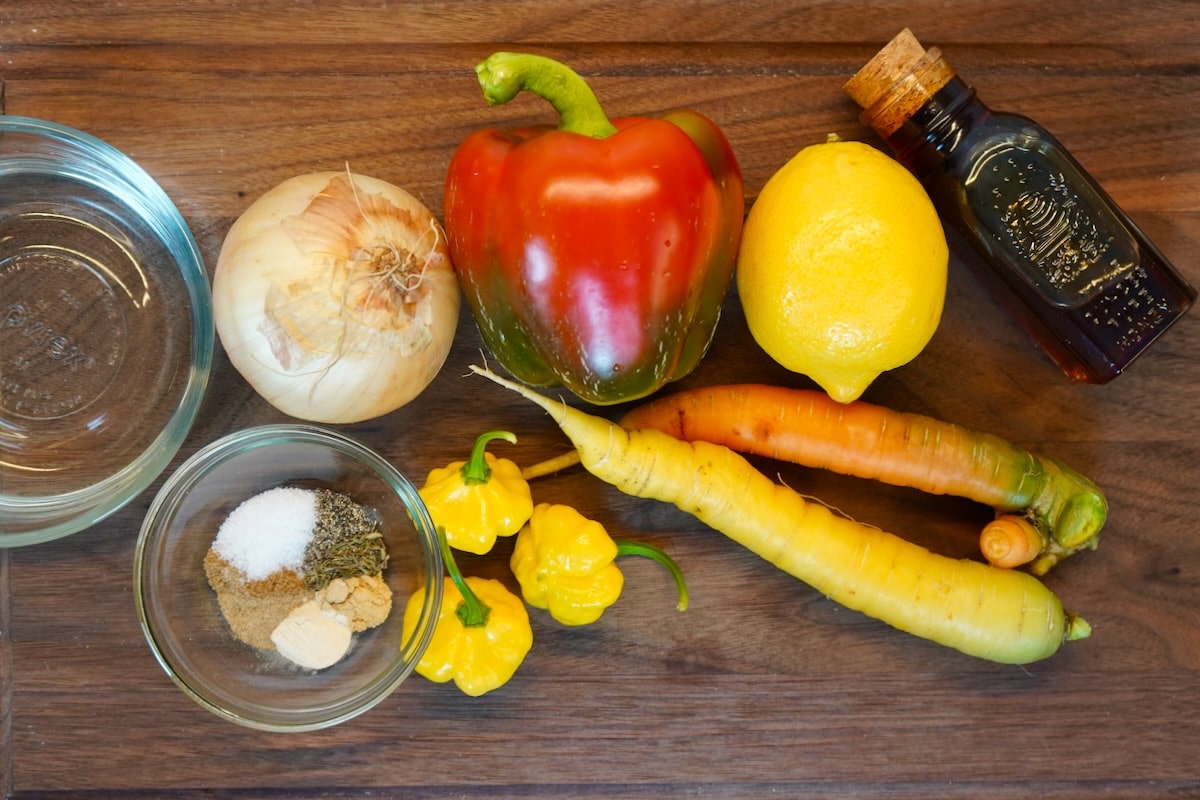
Serving Suggestions for Ackee and Saltfish
Ackee and saltfish are dishes that love company. It’s often served for breakfast, but it’s great any time of day. In Jamaica, it’s usually enjoyed with dumplings, fried plantains, or breadfruit. These sides are like the best friends of ackee and saltfish. They make sure every meal is filling and satisfying. Dumplings are doughy and chewy, fried plantains are sweet and soft, and breadfruit is starchy and hearty.

Together, they make sure no one leaves the table hungry.
Nutritional Information
Eating ackee and saltfish isn’t just tasty; it’s also good for you. Ackee is full of vitamin C, which helps your body heal and stay healthy. Saltfish has protein and omega-3 fatty acids, which are good for your heart. But because saltfish is salty, you shouldn’t have too much. Like with all foods, it’s best to enjoy ackee and saltfish in moderation. That way, you get all the good stuff without overdoing it.
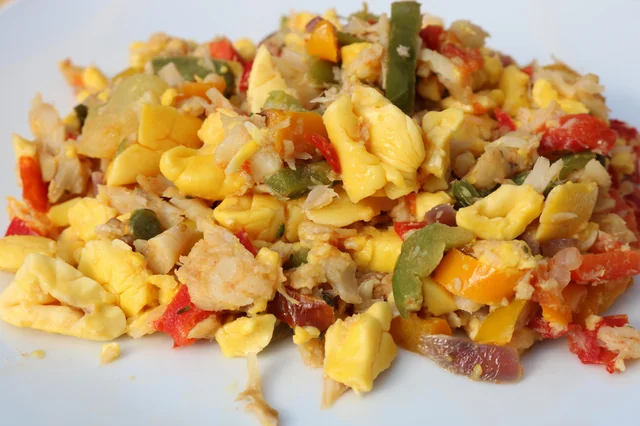
Final Analysis
As we wrap up our journey through the flavors of ackee and saltfish, we hope you’re inspired to try this Jamaican classic at home. It’s a dish with simple ingredients but rich in taste and tradition. Whether you’re enjoying it for breakfast or as a hearty meal, ackee and saltfish are a delicious way to bring a piece of Jamaica to your table. So, grab some ackee, soak your saltfish, and get ready to cook up a storm. Who knows? It might just become your new favorite dish!
FAQs
Disclosure: Our blog contains affiliate links to products. We may receive a commission for purchases made through these links. However, this does not impact our reviews and comparisons. We try our best to keep things fair and balanced, in order to help you make the best choice for you.



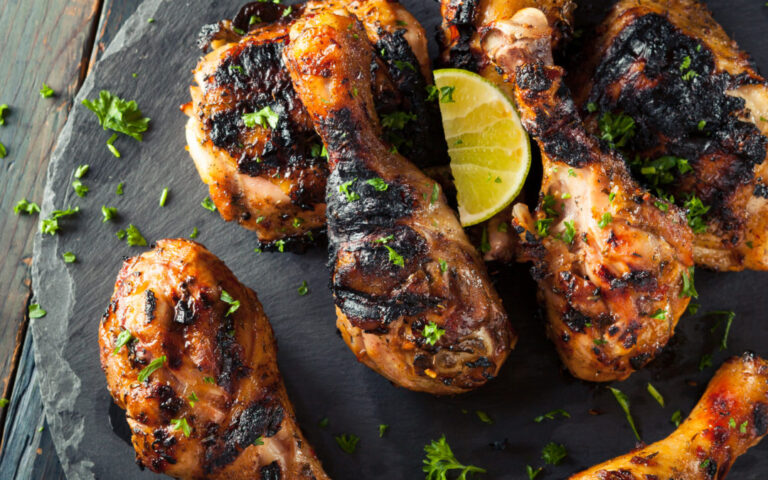

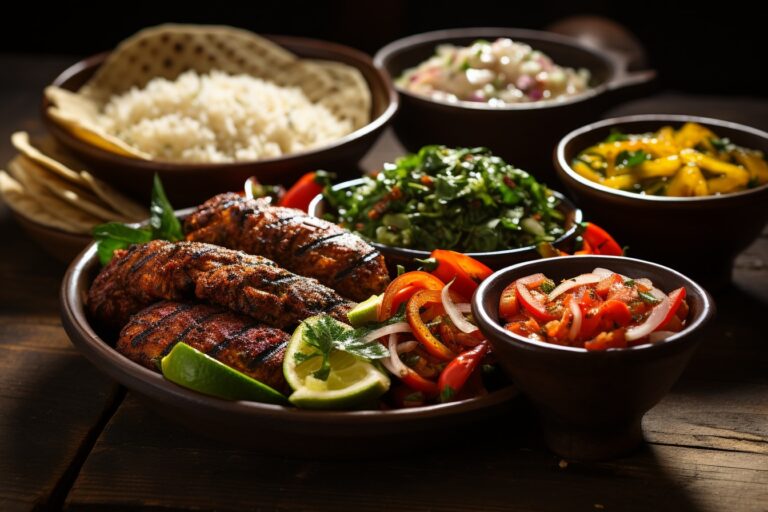
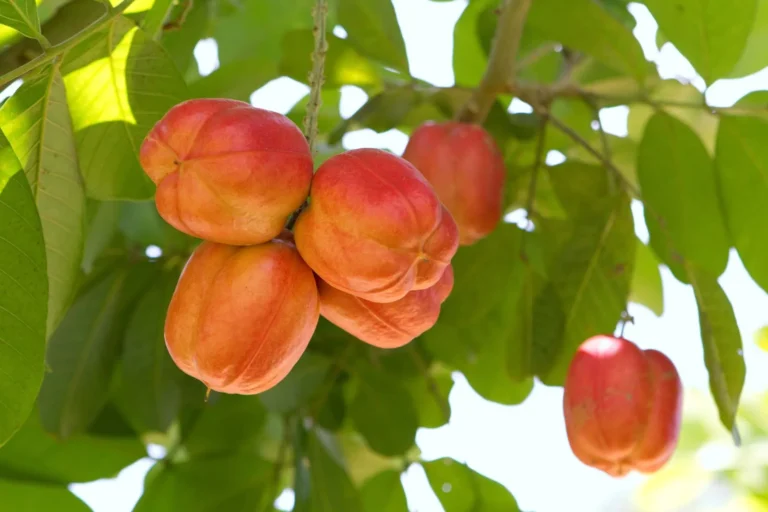
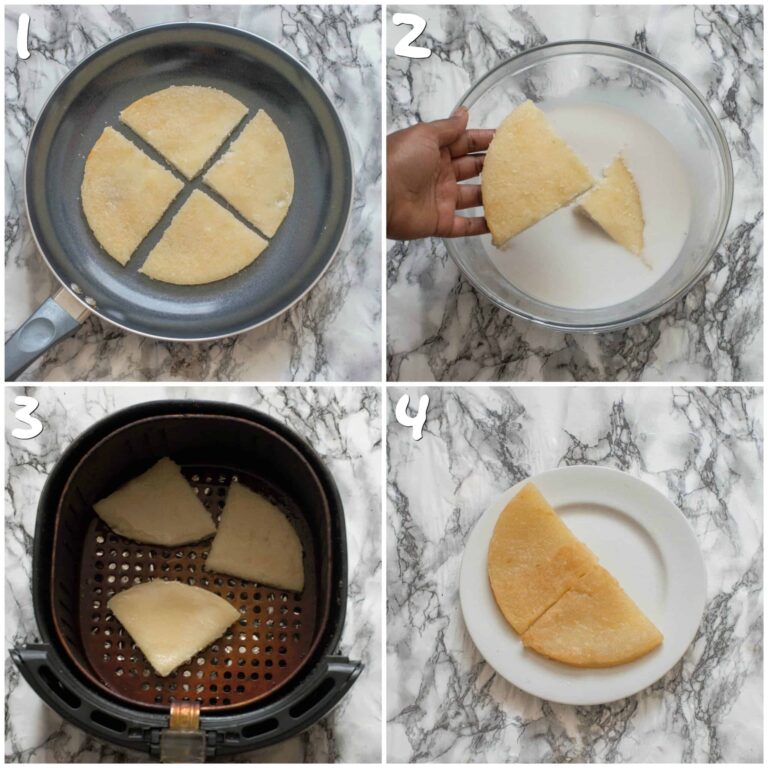
One Comment